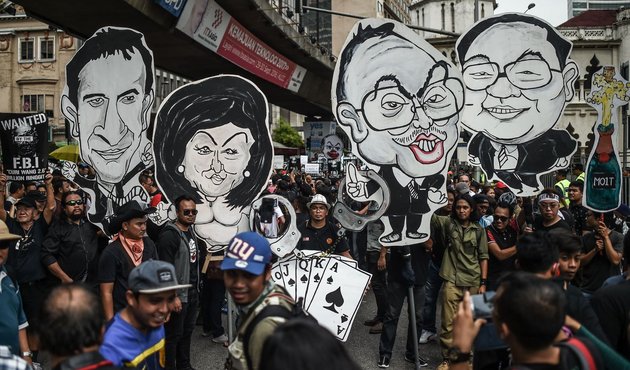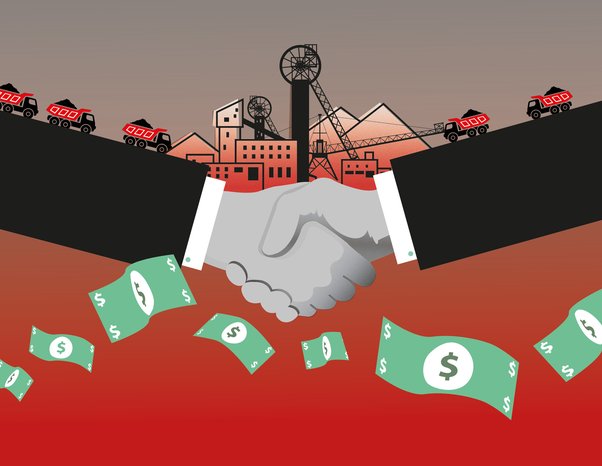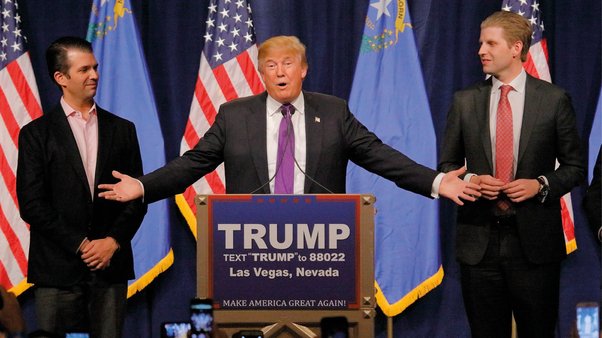In 2013, Hollywood blockbuster “The Wolf of Wall Street” drew back the veil on the lavish and depraved lifestyles of certain members of the finance community.
It showed how – in the case of Jordan Belfort, at least – the financial system could be exploited and circumvented for personal gain.
Two years later, we saw a similar tale involving some of the same type of characters play out in real time.
Across international papers, TV and news sites, a wave of stories, leaks and investigations exposed what has come to be seen as one of the biggest international corruption cases of all time: the 1Malaysia Development Berhad scandal.
According to the US Department of Justice, the billions of dollars embezzled from 1MDB, a government owned-company, were spent on luxury properties, high-end art and lavish lifestyles, as well as payments to Malaysian Prime Minister Najib Razak.
Perhaps the deepest irony of all, money taken from 1MDB allegedly funded the Leonardo DiCaprio film The Wolf of Wall Street.
But how was a global heist of this magnitude even possible in the first place? And how was so much money allowed to go missing without anyone noticing?
The culprits in enabling or facilitating what happened are far less glamorous, but no less key to this story.
By this, I am referring to the bankers and lawyers, without whom none of this money could have been moved and stolen from the Malaysian people.
A global anti-money laundering system exists to prevent the laundering of the proceeds of crime through the international financial system.
Yet as this case shows, this system it is not nearly as effective as it needs to be.
The key banks involved in handling the funds from the 1MDB scandal simply did not put in place the money laundering controls that they were required to do.
Either their systems failed to spot the clear money laundering risks, or the banks were willing to ignore the risks they saw.
In other cases, the regulations themselves are wholly inadequate – the most striking of which is the absence of anti-money laundering regulation for US lawyers.
Lawyers are not required to do due diligence on their clients in the same way that banks do, and they are not required to investigate client conduct unless they believe their client is engaging in illegal activity.
This is a huge and extraordinary loophole in the global anti-money-laundering system that has been left unaddressed for far too long.
The use of law firms’ client accounts for the transfer of suspect funds into the United States poses one of the most worrying risks.
Law firms use these accounts to temporarily hold funds on behalf of their clients, for example during the sale or purchase of real estate.
The law firm doesn’t have to do any checks on its clients, while the banks that hold these accounts, in turn, only have to do checks on the law firm, not its clients.
So, neither the bank nor the law firm are required to do checks on the people actually using these accounts.
The result is that client accounts can be used as a way of getting money into the United States, while completely evading existing anti-money laundering safeguards.
That is exactly how Jho Low, one of the main accused conspirators in the 1MDB scandal, got his stolen cash into the United States, according to a new report from Global Witness which describes how, according to Justice Department court documents, Low used the client accounts of two major US law firms to move hundreds of millions of dollars into the United States.
That money was used to buy the Time Warner Penthouse in New York, a private jet and pay for multi-million dollar gambling expenses.
Despite all this, under current law, there is still no suggestion that either of the law firms broke anti-money laundering rules. This is mind-blowing.
The 1MDB case should be a clear and stark wake up call to the U.S. government to close this loophole.
Not only has it shown how vulnerable the United States is to corruption and money laundering, but more importantly it looks likely to cost the Malaysian people more than $4.5 billion.
This is why we have written to the U.S. Treasury Department asking it to close this glaring loophole.
Without immediate action at a federal level, it is only a matter of time until we see another corruption scandal on the scale of 1MDB, where millions of ordinary, innocent, citizens stand to lose, while an already wealthy few further enrich themselves, and law firms profit at their expense.
This op-ed was originally published in Morning Consult



